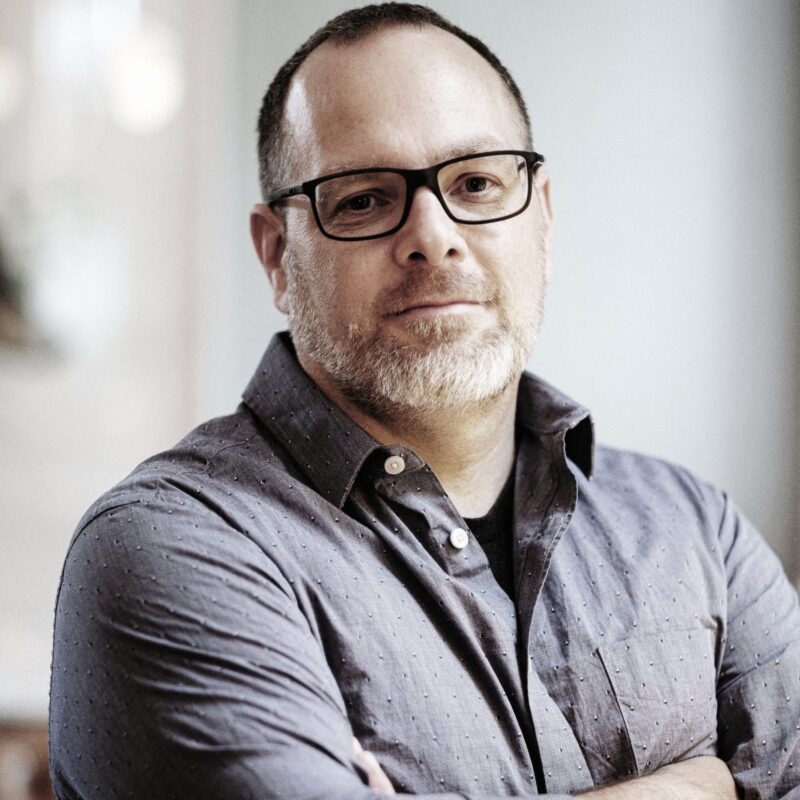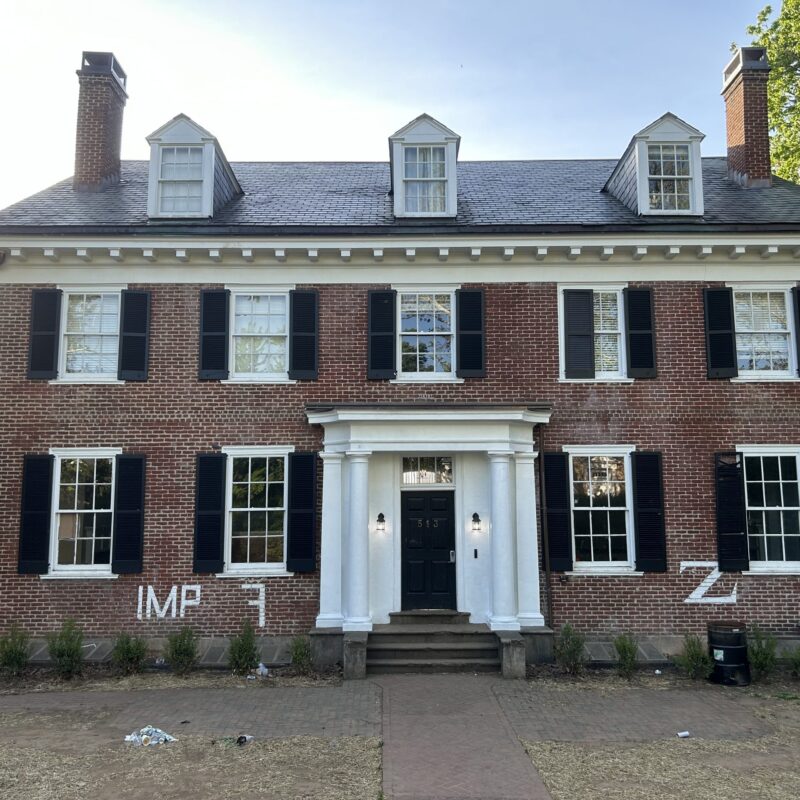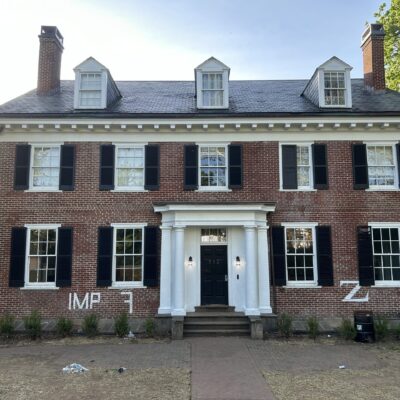Besides their presence on the Forbes 400—“The definitive list of wealth in America”—Donald Trump (No. 128) and Steve Case (No. 331) don’t have that much in common. The former doesn’t drink, made his mark in real estate and resorts, then turned to reality TV and entertaining presidential bids. The latter owns several thousand bottles of wine (he prefers Bordeaux), co-founded America Online and now runs a technology-centric investment company.
But, as Trump is scheduled to arrive in Virginia on October 4 to celebrate the opening of Trump Vineyard Estates—formerly Kluge Estate Winery & Vineyard, now anchored by his 27-year-old son Eric’s winemaking operation—it seems the two families may wind up as two grapes on a vine. Rumors peaked last week that Steve and Jean Case, Virginia residents for more than two decades, had purchased the Sweely Estate Winery in Madison County.
That purchase would put the single biggest grape producers in Albemarle and Madison counties in the hands of two of America’s most prominent business families.
|
America Online co-founder Steve Case is rumored to be in the process of purchasing Sweely Estate Winery, the largest wine operation in Madison, Virginia.
|
In 2003, Albemarle County produced 680 tons of grapes on 435 acres. By last year, the acreage had increased by roughly 30 percent, but the grape yield had jumped by 61 percent.
Albemarle County produced 1,099 tons of grapes on 562 acres in 2010—more than any county in the state. Madison, by comparison, produced 155 tons last year on 76 acres.
And both the Kluge and Sweely wineries possess massive shares of those totals. As of last year, Kluge Estate had 220 acres under the vine, a number representing roughly 40 percent of Albemarle’s vineyard. And while Madison hosts only 76 acres, Sweely Estate owns more than half of them.
“From everything I’ve read, Virginia wines are a product that are on the rise,” said Annette Ringwood Boyd, executive director of the state’s Virginia Wine marketing office. “I think that the wines are getting better. They’re getting more national and international claims. For people that have an entrepreneurial spirit and are looking to make a difference in an industry on the front of the curve, Virginia wine would fit that criteria.”
While Boyd could not confirm the Cases’ interest, she said both families are “well-known entrepreneurs in their respective industries.”
What’s in a name? Does a Trump wine—or a Case wine, or even a Kluge wine—attract drinkers in a way that other names may not? Is it a stamp of approval?
Boyd offered the Drouhin family as an example. Since the late 19th century, the Drouhins produced Burgundy in France; they also helped launch Primum Familiae Vini, an invitation-only organization comprising 12 “first families” of the wine world. The Drouhins eventually launched a winery in Oregon’s Willamette Valley.
“The wine industry was abuzz that one of the most prominent names in Burgundy purchased a name in Oregon,” says Boyd.
Neither Trump nor Case has operated a winery previously, although the Trump name adorns vodka bottles. As for Case, his technology-centric investment company, Revolution, backed Vinfolio, an online wine sales and collection network.
“The process of buying and selling wines is complicated and, in my view, inefficient,” Case told Wine Spectator last year. “I think there has been progress in the past 10 years or so, but there’s an opportunity to do a better job.” Asked about wine regions, Case brought up Central Virginia: “It certainly hasn’t emerged to the same degree as California or France, but I’m hoping that will be the case.”
Jean Case, Chief Executive Officer of the couple’s philanthropic Case Foundation, shares the hope. In addition to posting messages from the Virginia Wine website on Twitter, she has also left a few of her own thoughts about the state’s vineyards.
“Huh?” she asked in response to a National Geographic story about the world’s wine-growing regions. “Slovenia but no Virginia?” A Case representative declined to comment on the couple’s behalf, and Eric Trump did not return a request for comment by press time. Jess Sweely, owner of the Madison County winery, also declined to comment.






